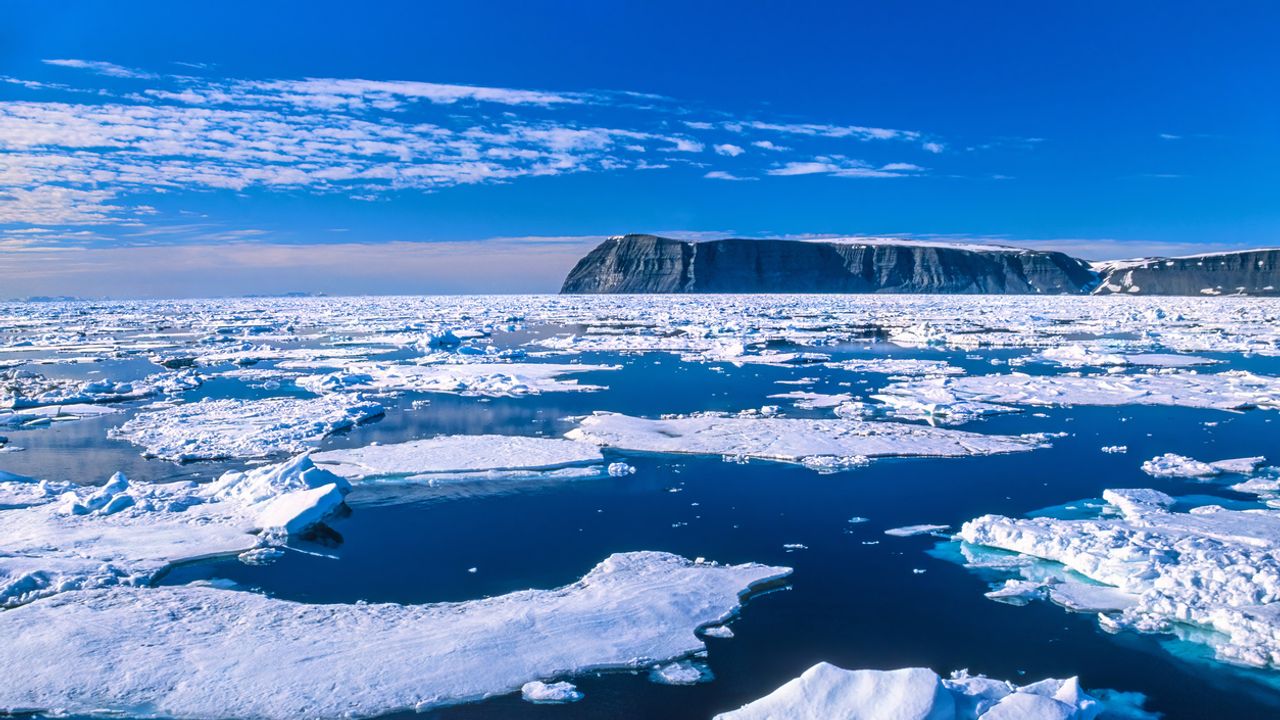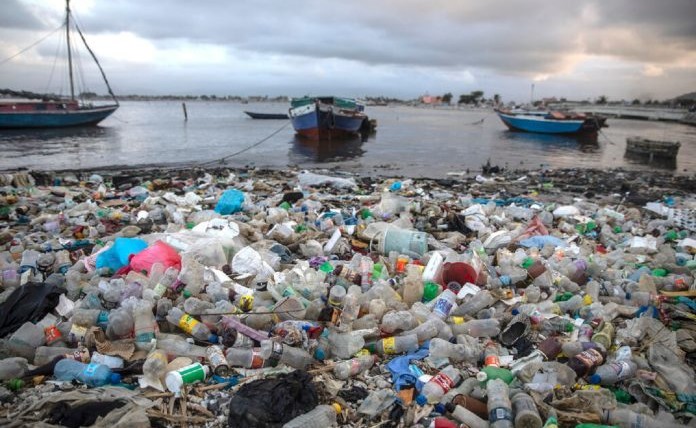This is a very concerning situation. Significant wildfires have devastated Arctic regions, particularly in Russia, during the month of June. This period has seen some of the highest CO2 emissions in the last 20 years, as reported by the European Copernicus service.
« In June, CO2 emissions from wildfires (in the Arctic) already rank third over the past two decades, following significant fire seasons in 2019 and 2020, » states Copernicus in a bulletin, whose Atmospheric Monitoring Service monitors satellite-detected vegetation fires.
According to data collected up to June 26, the current month has already emitted 6.8 million tonnes of CO2, compared to 16.3 million tonnes in June 2020 and 13.8 million tonnes in 2019. The most intense fire activity zone currently is in the Russian Republic of Sakha, in the northeast of the country, which already suffered significant damage in 2021, Copernicus highlights.
Gail Whiteman commented in the bulletin, « The Arctic is the epicenter of climate change, and the increasing wildfires in Siberia are a clear warning that this essential system is approaching dangerous tipping points. »
« What happens in the Arctic doesn’t stay there; the changes occurring amplify risks worldwide for all of us, » he warns. The Arctic is affected by a phenomenon known as « Arctic amplification, » which causes this region to warm faster than average global latitudes, four times faster than the global average, according to a prominent study.
Wildfires emit greenhouse gases and destroy natural carbon sinks, but they also degrade air quality. Airborne particles can, for example, settle on ice and reduce its ability to reflect solar radiation.



